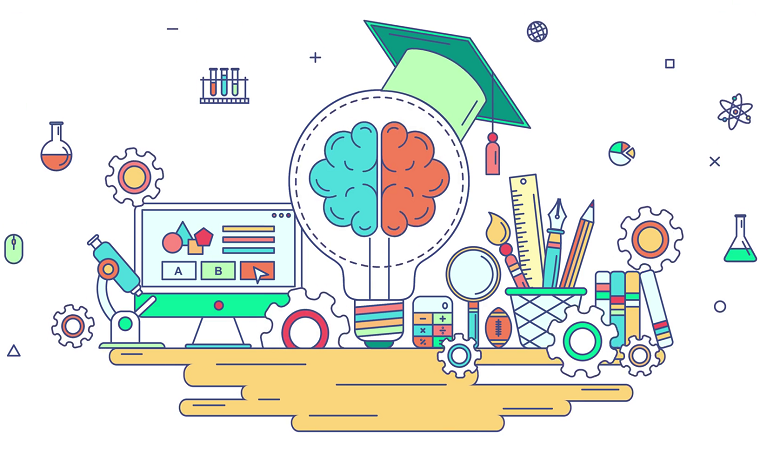
Education Reform and Access: Unlocking Human Potential and Addressing Global Inequality
By Adedayo Ebenezer Oyetoke Published on: May 19th 2023 | 3 mins, 541 words Views: 622
Education is a fundamental human right and a powerful tool for unlocking human potential, fostering social mobility, and addressing global inequality. However, millions of children and adults around the world still lack access to quality education, perpetuating cycles of poverty and limiting opportunities for personal and societal growth. This blog post will explore the importance of education reform and access, highlighting innovative approaches and initiatives that aim to bridge the education gap and create a more equitable future for all.
Redefining Education: The Need for Reform
Traditional education systems often fail to meet the diverse needs of learners, focusing on rote memorization and standardized testing rather than fostering critical thinking, creativity, and problem-solving skills. To better prepare students for the challenges of the 21st century, education reform must prioritize the development of these essential competencies, as well as the cultivation of social and emotional intelligence.
One promising approach to education reform is the adoption of personalized learning models, which tailor instruction to the unique needs, interests, and learning styles of each student. By leveraging technology and data-driven insights, personalized learning can help educators identify and address learning gaps, ensuring that every student has the opportunity to succeed.
Expanding Access: Bridging the Education Gap
Access to quality education remains a significant challenge for many communities around the world, particularly in low-income and rural areas. To address this issue, innovative solutions are needed to overcome barriers such as inadequate infrastructure, limited resources, and a lack of trained teachers.
One such solution is the use of technology to deliver education remotely, through platforms like Massive Open Online Courses (MOOCs) and mobile learning applications. These tools can help democratize access to education, providing learners with the opportunity to acquire new skills and knowledge regardless of their geographic location or socioeconomic status.
Another critical aspect of expanding access to education is the promotion of gender equality and the empowerment of girls and women. By investing in girls' education and addressing the social and cultural barriers that prevent them from attending school, we can unlock the potential of half the world's population and contribute to the eradication of poverty and inequality.
Supporting Teachers: The Backbone of Education Reform
Teachers play a crucial role in shaping the future of education and fostering the success of their students. To ensure that educators are equipped to meet the demands of a rapidly changing world, it is essential to invest in their professional development and provide them with the resources and support they need to thrive.
Initiatives such as teacher training programs, mentorship opportunities, and collaborative learning communities can help empower educators and promote the sharing of best practices and innovative teaching strategies. By supporting teachers in their growth and development, we can create a more effective and inclusive education system that benefits all learners.
Conclusion
Education reform and access are critical components of addressing global inequality and unlocking human potential. By embracing innovative approaches and prioritizing the needs of learners, educators, and communities, we can create a more equitable and inclusive future for all. As we continue to invest in education and work towards the goal of universal access to quality learning opportunities, we can empower individuals to reach their full potential and contribute to the creation of a more just and prosperous world.